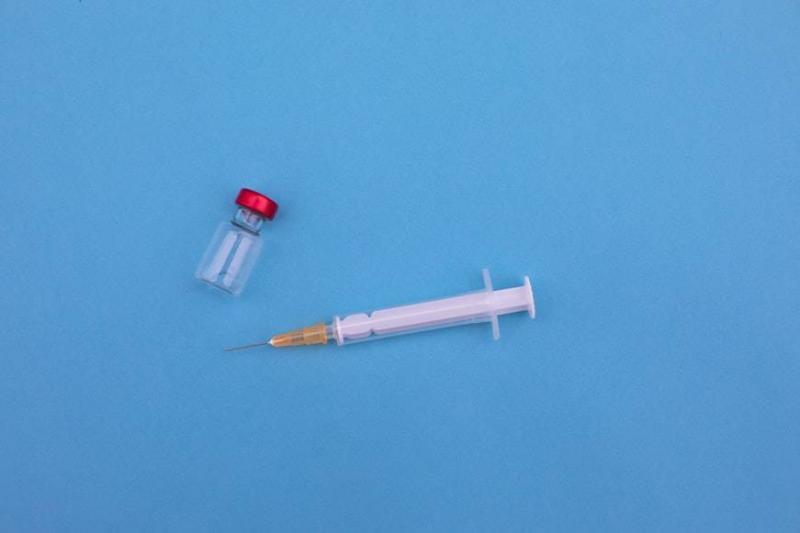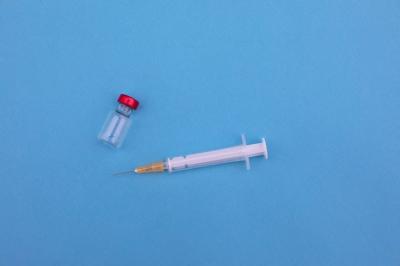An immune treatment based on the nasal injection of dead bacteria (referred to as MV130) has shown significant effectiveness in reducing deaths caused by the novel coronavirus and enhances the efficacy of COVID-19 vaccines, according to findings published in a renowned scientific journal, based on a Spanish study. These results have currently been verified in animals by a team of Spanish scientists, who demonstrated that vaccine effectiveness and immune response can be improved, particularly in certain population segments, and also against variants of the virus that can reduce vaccine efficacy. Thus, this immune treatment contributes to better protection against COVID-19.
The research findings, published on Thursday in the journal Frontiers in Immunology, provided solid scientific evidence indicating that the mortality rate in infected mice was significantly lower when they received this immune treatment (MV130) prior to infection.
The National Center for Cardiovascular Research (CNIC) and the Spanish National Research Council (CSIC) emphasized in a statement released on Thursday that the arrival of vaccines was the best weapon against the pandemic, but also underscored the need for effective and rapid tools to respond to the emergence of new viruses, which can be achieved by training the immune response.
The immune treatment consisting of dead bacteria (MV130), produced by the Spanish company Inmunotek, demonstrated this effectiveness in trials conducted at the Animal Health Research Center of the National Institute for Agricultural and Food Research and Technology in Madrid.
Since the World Health Organization office in China reported the emergence of the disease at the end of December 2019, the coronavirus has caused at least 5,122,675 deaths worldwide. At least 254,952,650 people have confirmed infections with the virus since its emergence. The vast majority of those infected have recovered, although some continue to experience symptoms weeks or even months later. These figures are based on daily reports from health authorities in each country and exclude subsequent reviews by statistical agencies that suggest significantly higher death tolls.




